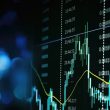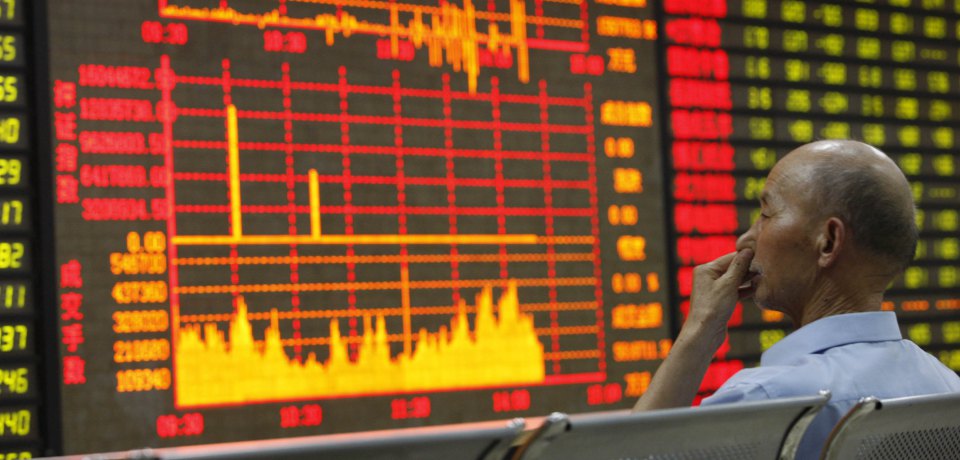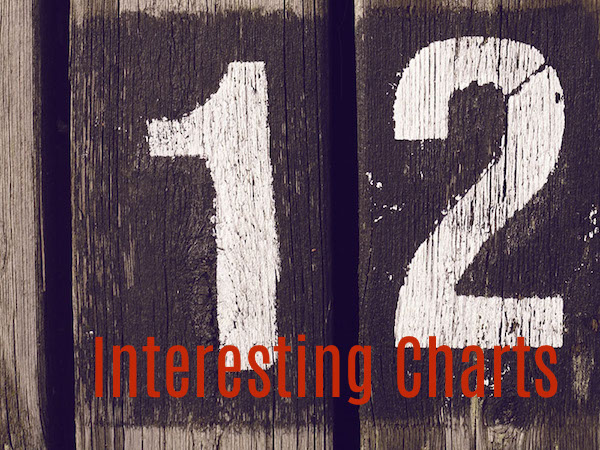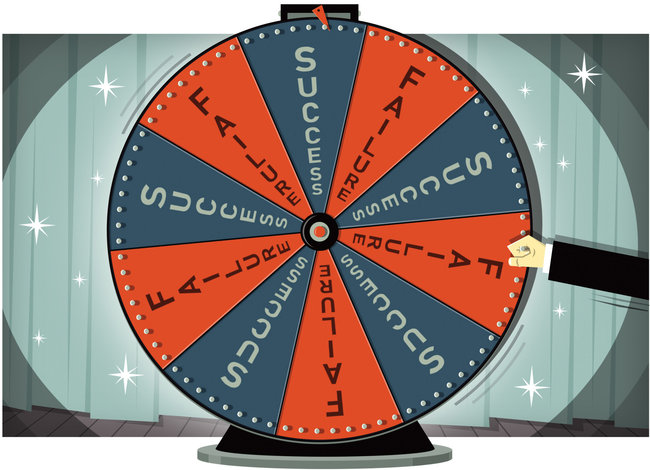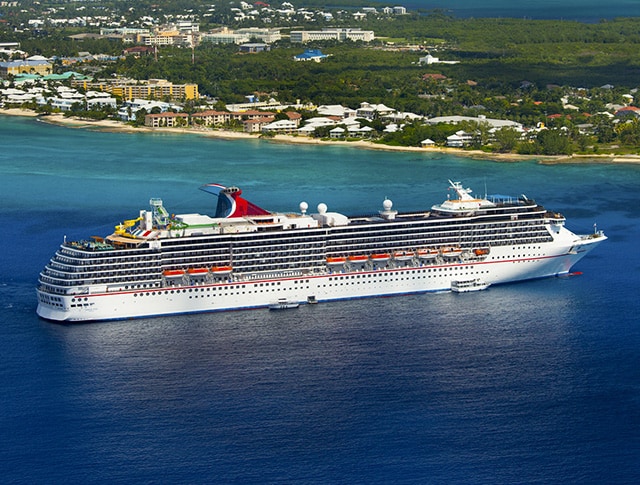A lot of people are talking about how bad China is. It's worse than the U.S. 2007, it's worse than Greece, it's worse than this or that. It seems like the big China bubble is blowing up. But so what, right? Who cares what happens over there. Yes, the prices got crazy, but as long as you don't own that stuff, it really shouldn't matter.
Or should it? China owns a lot of U.S. treasuries, and if things get really bad over there, it can cause problems around the world. Well, we've been seeing the impact of China on the commodities markets over the past few years. That's certainly a big deal.
So I've been thinking about that, and this is a movie I've seen before. The same exact thing seems to be happening as when the Japanese market topped out in December 1989. Now, that was a bubble. I'm not saying China isn't or wasn't a bubble. It sure seems like some stocks got pretty expensive over there. But it is a little confusing because the Hong Kong listed H-shares are trading at below 9x P/E or something like that.
But anyway, yeah, Japan was quite a bubble. That one goes into the history books along with 1929, 1999, South Sea Bubble etc... And the Chinese one may too.
Back then, people were worried about Japan taking over the world. They were buying up trophy properties in the U.S. By the way, did any of those investments work out? And do the Japanese still own those properties? Did they actually make money on them? Or was it just a big transfer of wealth (from the Japanese buyers to the American sellers)?
When the bubble popped, there was a tremendous amount of fear. The Japanese were buying U.S. treasuries in such huge amounts that the fear was that U.S. interest rates will spike once Japanese buying evaporates.
As you see, this is sort of very similar to the situation currently with China. Whenever people say that if Japan (and now China) stops buying U.S. paper, we are in big trouble, I scratch my head because they will only stop buying U.S. paper when we stop shipping all our money over there (we import stuff from them, they take the dollars, come back and buy treasuries). I always thought that the day they stop buying our treasuries will be when they don't have the dollars flowing in. And in that case, the dollars will come from somewhere else. In the 80's, Japan funded the U.S. deficits. In the 00's and 10's, China did. Maybe we will start funding them internally (excess bank liquidity etc.). Who knows.
Anyway, I remember how resilient the U.S. (and the rest of the world) was to the Japanese bubble collapse. Check this out. Here is the chart of the Nikkei 225 index (blue) and the S&P 500 (red) index, both indexed to 0% at the end of 1989.
The Nikkei started to collapse immediately in 1990, but the U.S. market was fine. For the record, the S&P 500 index was trading at 15.2x P/E (ttm) and the 10-year treasury rate was 7.8% at the end of 1989. That's an earnings yield of 6.6% versus the 7.8% interest rate.
As you can see, the S&P 500 was fine despite the total collapse in the Nikkei. The little bear market in the second half of 1990, as you recall, was when oil prices hit $40/barrel due to Sadam Hussein's invasion of Kuwait. We all remember that, and the Baker press conference which began with "Regrettably..." or some such thing that began the war; the comment, "the skies of Baghdad have been illuminated" etc. (those events came way after the low).
This is the event, by the way, that lead to every trading room on Wall Street being equipped with televisions. During this first Iraq war, traders called their wives, told them to turn on CNN, put the phone by the TV and just leave it there. Traders then took that 'feed' and piped it into the squawk box for all to hear (this was before you could watch TV on your computer. Don't forget, this was the era of glowing, green screen Quotrons).
Anyway, other than that, the U.S. stock market did fine as Japan disintegrated.
We usually look at long term returns going backwards, like the five, ten, twenty year figures going backwards.
Let's look at this going forwards from December 1989 for the S&P 500 index (total return):
From December 1989:
5 years (to 1994-end): +8.7%/year
10 years (to 1999-end): +18.2%/year
20 years (to 2009-end): +8.2%/year
25 years (to 2014-end): +9.6%/year
And just for fun, if you looked at the period from December 1989 through December 2008, which was the year-end low point of the financial crisis, the 19-year annualized return would have been +7.3%/year.
The ten year return from 1989 might be meaningless as that was the great bubble. But if you look at the 19, 20 and 25 year returns, the U.S. stock market did fine despite the Japan crash.
I really don't know what will happen going forward, but I thought I'd take a look at this as it seems really analogous to what's going on now in China. Of course there are a lot of things different than 1989, but it's one thing to think about when thinking about China.
Of course, this is not to say the we won't have a correction or a bear market. I'm just looking at things, sometimes one at a time, like when I looked at interest rates versus the stock market. There are many other factors that will impact the stock market. And this is not to say that there won't be impact in certain places. I think luxury goods makers took a hit when Japan collapsed. There will be certain areas that will get hit if China falls apart (more than just the stock market).
But judging from this, it need not take down the whole world.
Copyright © Brooklyn Investor


